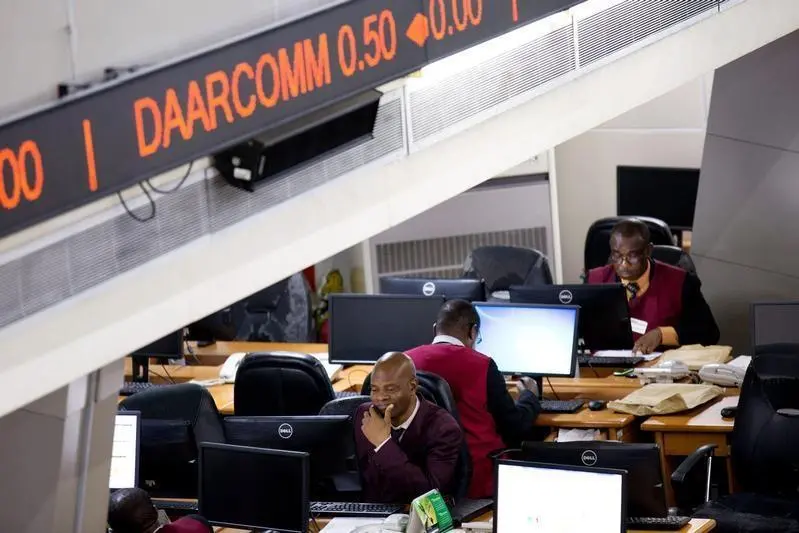PHOTO
BUA Cement Plc has recorded N460 billion net revenue, representing 27.4 per cent growth from N361 billion reported in 2022 despite the increasingly challenging macroeconomic conditions.
Also, the company’s capacity utilisation improved to 61.2 per cent in 2023 from 59.8 per cent in 2022, due to an increase in cement volumes dispatched, which also resulted in an increase in market share.
Inspite of the reduction in BUA Cement’s bottom line, its unwavering commitment to shareholder value, together with the strength and confidence in the business and its outlook inspired the Board to declare a dividend of N2 per share for the year ended 31 December 2023.
Chairman, Board of Directors of BUA Cement Plc, Abdul Samad Rabiu who stated this at the company’s Annual General Meeting (AGM) on Thursday in Abuja said in Nigenia the operating environment was generally challenging owing to several factor.
“Predominantly the currency redesign, electioneering activities, subsidy removal and the devaluation of the Naira – with the effect of the last two factors on disposable income arid discretionary spending,” he explained.
“Furthermore, EBITDA rose to N169 billion from N155 billion recorded in the prior year, though profit after tax done by 31.2 per cent to N70 billion from N101 billion recorded in the corresponding period ended 2022, impacted by foreign exchange loss, which arose from the devaluation and the continued depreciation of the Naira,” the Chairman stated.
The Managing Director/Chief Executive Officer of BUA Cement Plc, Yisuf Binji explained why the price of cement in the market has not gone done to N3,500 per bag has pledged by the company, stressing that BUA should not be blamed.
“I think it is a bit unfair to say cement companies or let me be specific to say, BUA Cement is not doing enough to reduce prices. Last year amid the devaluation of the currency and its effect on production costs, we reduced our ex-factory price to N3,500 per bag, with the hope of alleviating some of the price pressures faced by users of cement. However, this did not have the intended effect because of the activities of the middlemen, who maintained the end-user price of cement at then existing levels,” Binji pointed out.
He added that the company would be commissioning new cement plants with the intent of increasing availability of its cement brand, stressing that this will increase the overall cement capacity, and ensure there are enough volumes available during the peak season.
The Managing Director highlighted that amidst the various economic headwinds the company was confronted with, it achieved a 7.3 percent increase in dispatch volumes to 6.7 million metric tons per annum from 6.3 million metric tons per annum in 2022, and in the process grew its market share to 24 percent from 219 during the prior year.
Binji said rhe major challenges faced during the year arose from the Central Bank of Nigeria’s (CBN) currency redesign policy, the elections and more importantly, foreign exchange volatility.
“Like every manufacturing business, some of our manufacturing inputs are dollar dominated, and with the devaluation and continued depreciation of the Naira, we recorded rising energy and other raw materials costs. In addition, the depreciation of the Naira led to the revaluation of existing liabilities on the balance sheet which resulted in an exchange loss of N70 billion. Still, we were able to manage this negative shock, declare a profit and most importantly, preserve our shareholders’ fund,” he added.
Giving the outlook for 2024, Binji stated, “Last year, the currency moved from N460/$ to N906/$ and given a number of our input materials are foreign currency based, it meant an increase in production costs.
“In terms of market demand, we anticipate high demand for cement, on the back of policy initiatives and efforts by governments at the national and sub-national levels towards bridging the social and economic infrastructure gap, alongside discussions about the use of cement to construct roads.
“Furthermore, there are private sector demand considerations, given the housing deficit, especially with the rising urbanisation rate across the country. Overall, our pricing will continue to remain competitive, ensuring the ready availability of our cement brands to all Nigerians”.
Copyright © 2022 Nigerian Tribune Provided by SyndiGate Media Inc. (Syndigate.info).




















